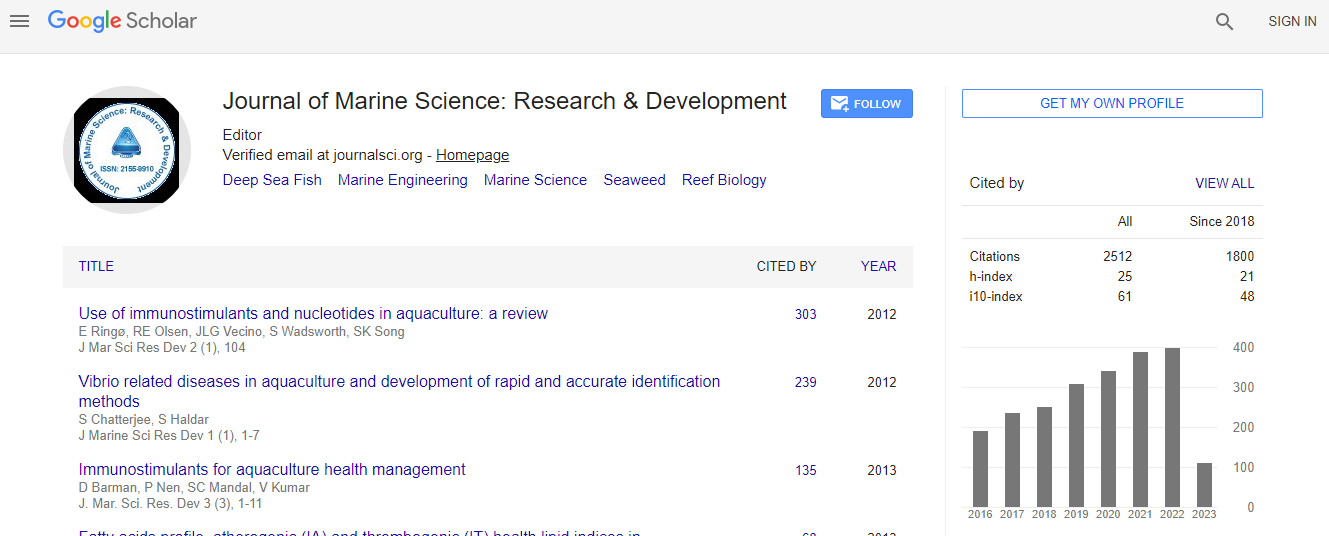Editorial
Prokaryotic Biodiversity in Marine versus Terrestrial Ecosystems: Methylobacteria and Research Ethics
U. Kutschera* and S. SchauerInstitute of Biology, University of Kassel, D-34132 Kassel, Germany
- *Corresponding Author:
- Ulrich Kutschera
PhD, Institute of Biology, University of Kassel
Heinrich-Plett-Str.40, D-34132 Kassel, Germany
E-mail: kut@uni-kassel.de
Received date August 23, 2012; Accepted date August 24, 2012; Published date August 29, 2012
Citation: Kutschera U, Schauer S (2012) Prokaryotic Biodiversity in Marine versus Terrestrial Ecosystems: Methylobacteria and Research Ethics. J Marine Sci Res Dev 2:e113. doi:10.4172/2155-9910.1000e113
Copyright: © 2012 Kutschera U, et al. This is an open-access article distributed under the terms of the Creative Commons Attribution License, which permits unrestricted use, distribution, and reproduction in any medium, provided the original author and source are credited.
Abstract
Prokaryotic microbes (bacteria) are the most numerous organisms on Earth. In marine environments, cyanobacteria of the genus Prochlorococcus and heterotrophic prokaryotes of the family Pelagibacteraceae are of importance, and in terrestrial ecosystems, plant-associated methylobacteria are very abundant. Here, we summarize the discovery and description of a microbe isolated from the common cord moss, Methylobacterium funariae, as described by Schauer and Kutschera (2011). Based on samples of M. Funariae which was provided to the colleagues as a gift, our isolate was described without our knowledge and permission for a second time, under another name. We discuss this wasteful and duplicative publication of data generated twice from the same bacterial isolate with respect to the ethics for the conduct of research in the biological sciences.

 Spanish
Spanish  Chinese
Chinese  Russian
Russian  German
German  French
French  Japanese
Japanese  Portuguese
Portuguese  Hindi
Hindi 